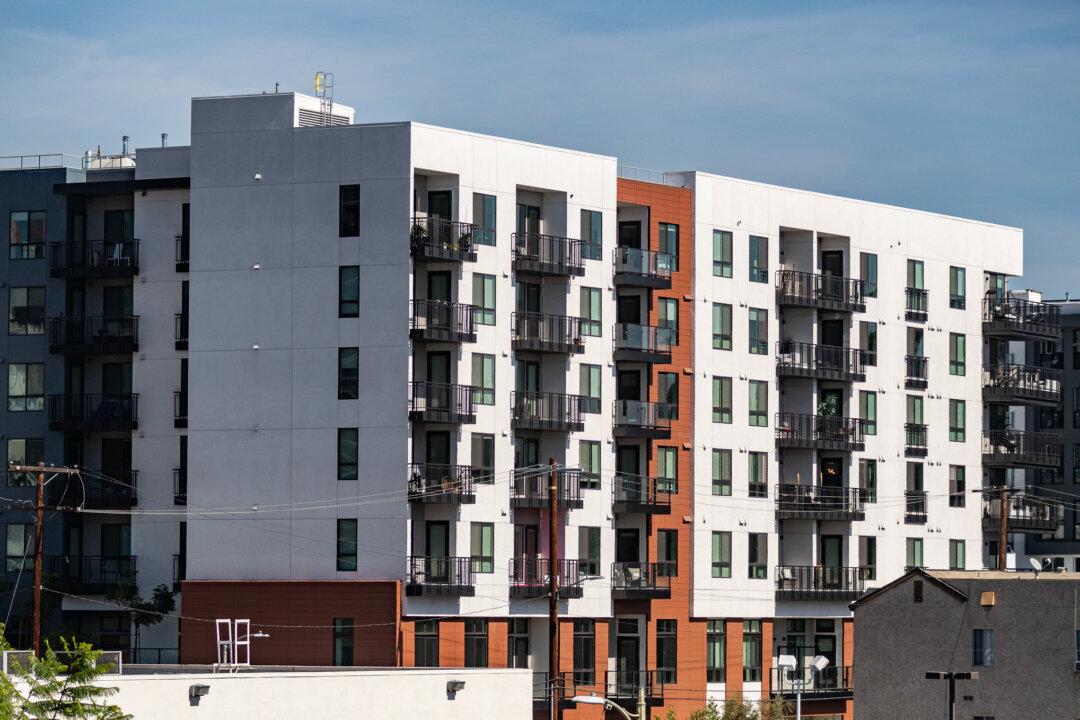LOS ANGELES—The Los Angeles County Board of Supervisors gave final approval April 23 to changes in the county’s rental housing inspection program and enforcement policies, mandating inspections every four years for all rental units in unincorporated areas.
After tentatively approving the changes earlier this month, the board on Tuesday unanimously and without discussion gave final approval to the overhaul of its Rental Housing Habitability and Rent Escrow Account programs. The new ordinance will take effect in six months.





